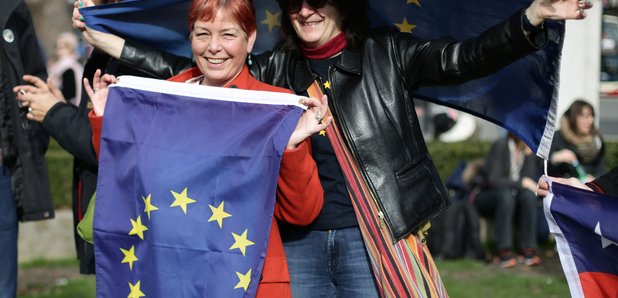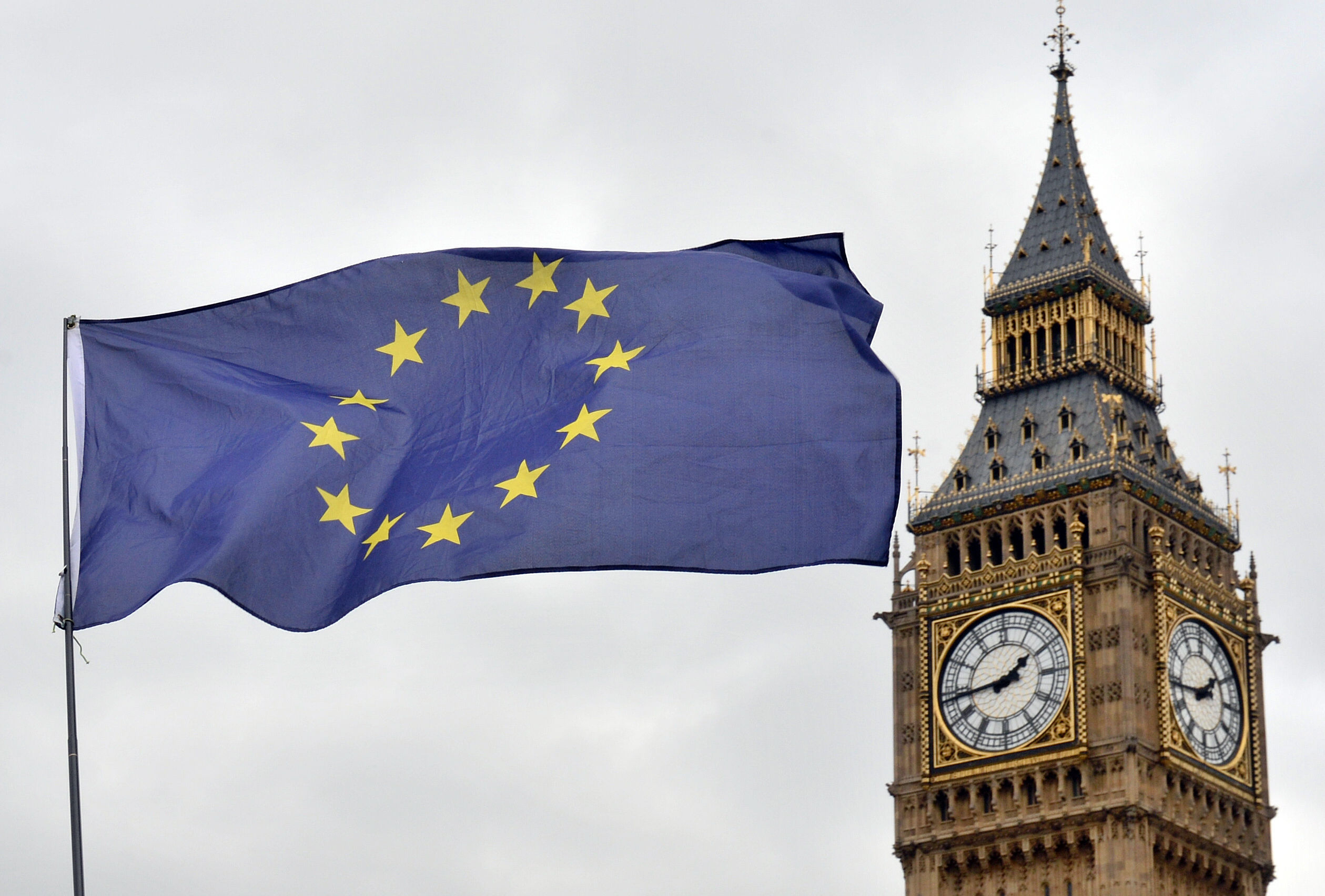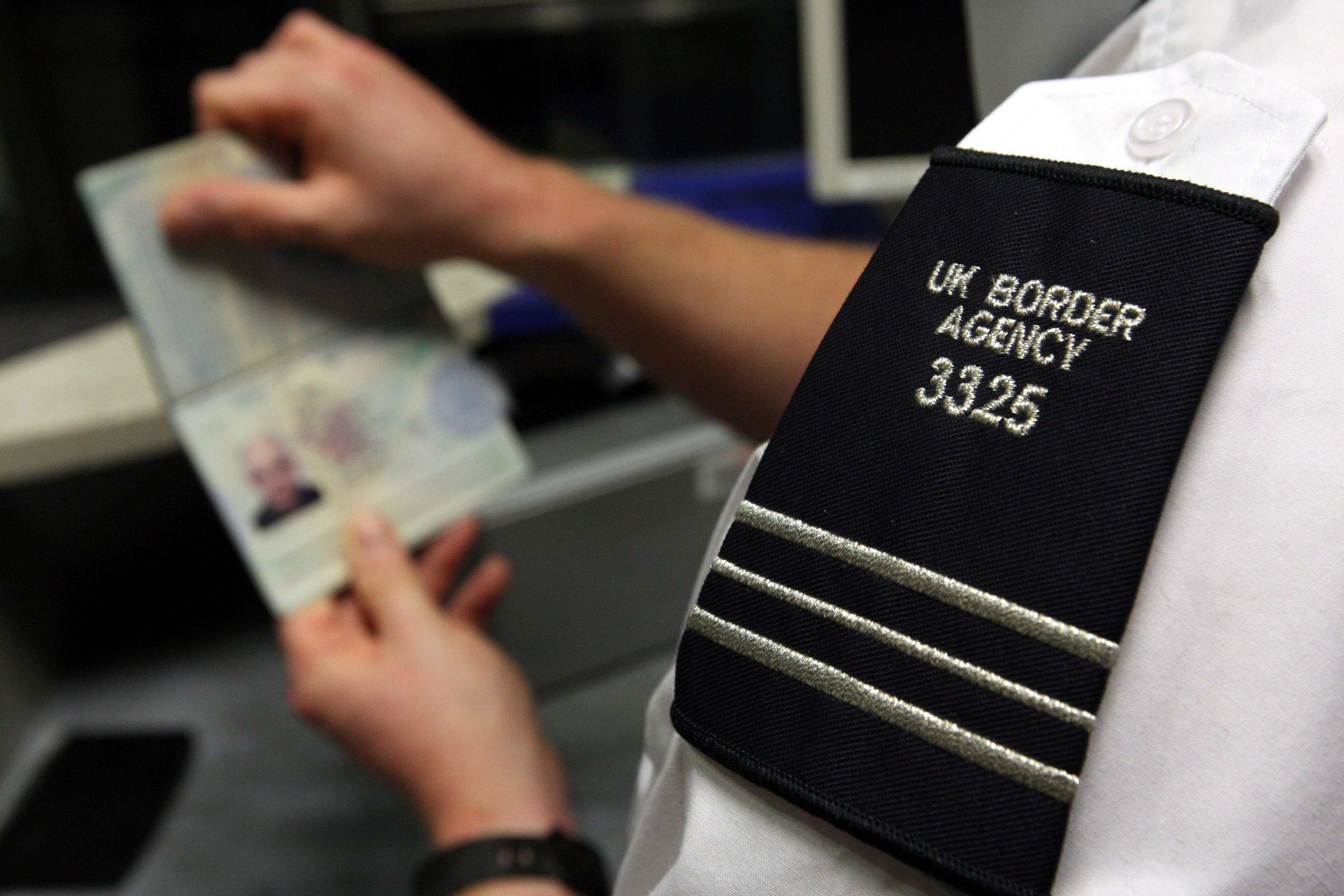
Nick Ferrari 7am - 10am
19 May 2017, 11:45 | Updated: 19 May 2017, 13:03

Freedom of movement was at the centre of the EU referendum, but what does it actually mean? And what has the Schengen Agreement got to do with it?
Freedom of movement
Citizens are allowed to move to, live in, and in the case of EU citizens in the UK, access the welfare system, including job seeker's allowance.
The EU has a three-month rule for migrants from EU countries - after three months it is the country’s duty to screen them with a "habitual residence test", which involves checking on their activity.


Photo: Victoria Jones/PA Wire/PA Images
What is the Schengen Agreement?
In simple terms, it abolishes border checks for its members, in order to speed up the movement of people and goods. It's also known as the Schengen Area or Schengen System.
The UK has, however, opted into the less controversial parts of the Schengen System, namely most of the criminal law and policing rules.
Because of the UK’s opt-out from the main part of Schengen, it can still check people coming from the rest of the EU to see if they are entitled to enter the UK or not.
Due to EU rules on free movement of people, the UK must admit EU citizens and their family members, unless there is some indication that they are wanted persons or that they are using stolen passports.
However, the entry of anyone else into the UK is controlled by UK law. In other words, the UK still controls its borders as regards most non-EU citizens.

Photo: PA
A bit of history:
What originally began as an agreement between five EU members, The Schengen Agreement, became part of EU Law in 1999 during amendments to the Treaty of Amsterdam.
It now applies to 28 EU member states, as well as four other countries: Norway, Iceland, Switzerland and Liechtenstein.
But, even before Brexit, it didn’t apply to the UK, Ireland, Romania, Croatia, Cyrprus, or Bulgaria.
The UK’s special status is secured by a legally binding Protocol to the EU Treaties, which was negotiated as part of the Treaty of Amsterdam.
That Protocol cannot be amended or repealed without the consent of the UK, and British law.